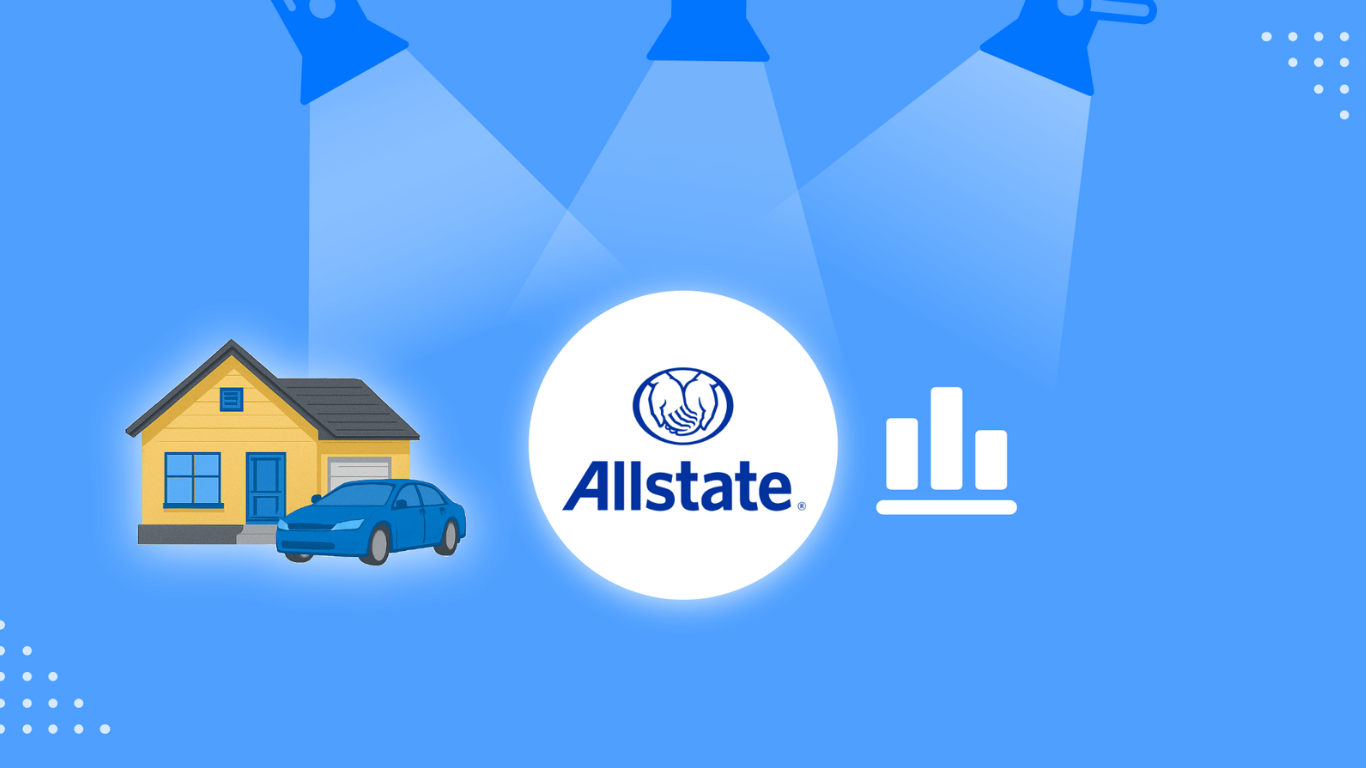Introduction
Allstate was once a major player in the structured settlement annuity (SSA) space, helping thousands secure long-term financial stability through periodic payments. However, since exiting the structured settlement business in 2013 and transitioning its annuity obligations to other entities, many current recipients have questions about who now services their policies, whether they can sell them, and what protections they still have.
This guide answers those questions and more—whether you’re holding an Allstate-originated structured settlement or exploring your options for a lump sum payout.
History of Allstate Structured Settlements
Allstate Life Insurance Company issued structured settlement annuities until 2013. In the years that followed, Allstate transferred its structured settlement business to multiple parties:
- In 2021, Allstate sold Allstate Life Insurance Company to an entity backed by Blackstone and rebranded it as Everlake Life.
- Additional blocks of annuities were acquired by Wilton Re and other reinsurers.
Although Allstate no longer services these policies, your payments are still valid and handled by these successor firms.
How to Check if Yours Is Affected
If you’re receiving structured settlement payments originally set up by Allstate, check your original paperwork for the issuing insurer. If it lists Allstate Life Insurance Company, you’re part of this group.
Contact the servicer listed on your recent payment correspondence. If you haven’t received updates, contact Everlake Life or Wilton Re directly with your policy information to verify your current annuity provider.
Understanding Your Structured Settlement Payments
Structured settlements provide tax-free income for individuals who won personal injury or wrongful death claims. They are designed to offer financial stability through a series of scheduled payments.
Despite the insurer change, your payment rights remain intact. Servicing companies must honor the terms of the original contract unless otherwise renegotiated by the courts.
Selling or Accessing Cash from Your Allstate Legacy Policy
If you have a financial emergency or need to fund a major expense, you may consider selling part or all of your structured settlement. These transactions are legal but regulated.
Buyers evaluate:
- Remaining balance
- Payment schedule
- Time horizon
Expect to receive 65%–90% of the total remaining value, depending on your situation and the buyer.
Before selling:
- Get multiple quotes
- Consult a financial advisor or attorney
- Ensure court approval
Legal and Regulatory Protections
Structured settlement sales fall under the Structured Settlement Protection Act (SSPA), which mandates court approval in every state. A judge will ensure that the sale is in your best interest, especially if you are a minor or incapacitated.
Additional protections include:
- Mandatory disclosure of fees and net proceeds
- State-specific “cooling off” periods (3–10 days)
- Federal tax protections under IRC sections 130 and 5891
These ensure you don’t lose more value than necessary and that the transaction is fully transparent.
Allstate Legacy vs Competitor Structured Settlements
| Origin Provider | Current Servicer | Credit Rating | Sale Availability | Consumer Access |
|---|---|---|---|---|
| Allstate (pre‑2013) | Everlake / Wilton Re | A | Yes | Via buyers |
| MetLife | MetLife | A+ | Yes | Active |
| Pacific Life | Pacific Life | AA- | Yes | Active |
Current User Feedback and Tips
Users have reported mixed experiences when contacting Everlake or Wilton Re. Online forums like Reddit include testimonials noting long hold times and difficulty confirming information.
“My grandmother’s structured settlement was moved to Wilton. Took 3 calls to get the right department, but they eventually verified everything.”
Tips:
- Be patient and document every interaction
- Request written confirmation of servicing status
- Keep your original contract and any servicer correspondence safe
Step-by-Step for Legacy Allstate Structured Settlement Holders
- Locate your structured settlement agreement
- Confirm your current payment servicer (likely Everlake or Wilton)
- Request your payment schedule and current balance
- Decide if selling is necessary for your needs
- Contact reputable buyers and gather quotes
- Hire legal or financial help to review terms
- File a petition with your local court if proceeding
- Finalize the transaction and receive funds
Frequently Asked Questions
Is my Allstate structured settlement still tax-free?
Yes. If originally set up for a personal injury claim, your settlement remains tax-free, regardless of servicing changes.
Who is paying me now?
Either Everlake Life or Wilton Re, depending on the specific acquisition of your Allstate policy.
Can I sell part of my structured settlement?
Yes. Partial sales are common and can preserve future income while meeting current needs.
What if I stop receiving payments?
Contact the new servicing company immediately. Have your annuity number, ID, and court documents on hand.
How long does a sale take?
Typically 30–60 days, including court approval and processing.
Whom should I call for help?
Start with the customer service lines for Everlake Life or Wilton Re, depending on the latest documentation.
Conclusion and Next Steps
Allstate may no longer be in the structured settlement business, but your contract and rights as a recipient remain fully enforceable. Whether you need to verify your payment servicer, explore options for cashing out, or just learn what protections you have, knowing your current status is key.
Here’s what you can do next:
- Confirm who services your structured settlement
- Review your payout terms
- Consider alternatives to selling, like a partial sale
- Get quotes from multiple buyers if you need cash now
- Always consult a trusted legal or financial professional
With the right information and a careful approach, you can make empowered decisions about your structured settlement and financial future.
